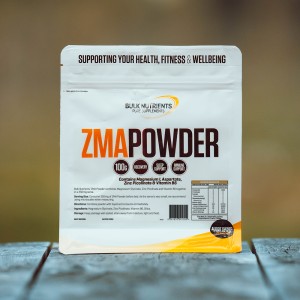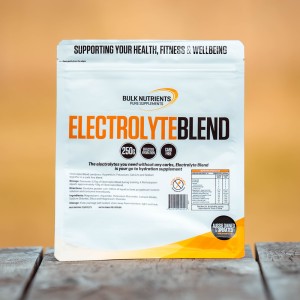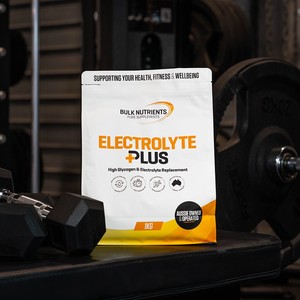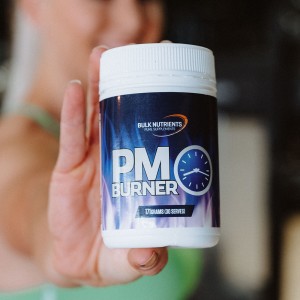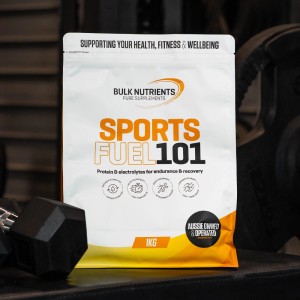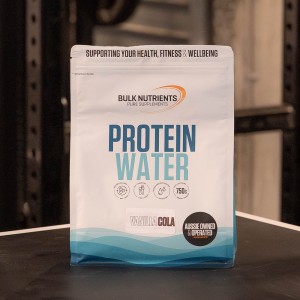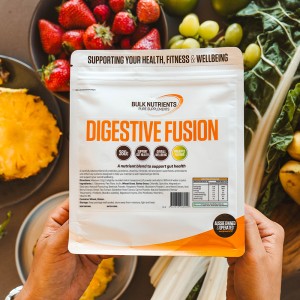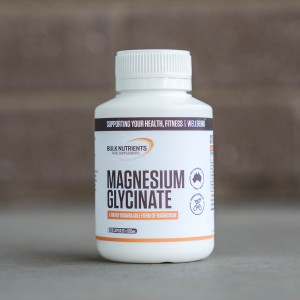Magnesium Glycinate vs Aspartate: Why We’re Switching
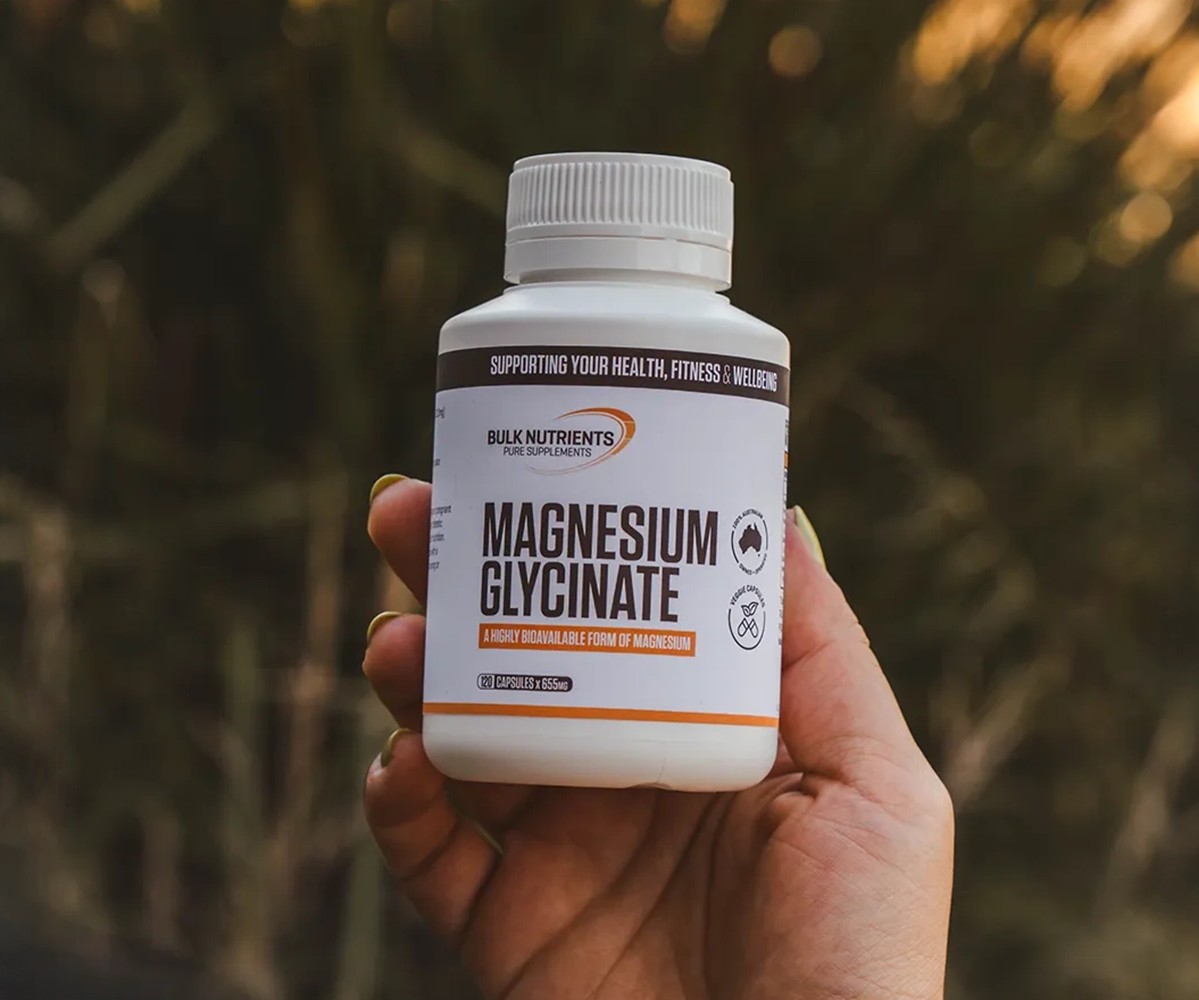
Why Magnesium Matters
Magnesium is an essential mineral involved in hundreds of processes in your body. It supports muscle and nerve function, helps regulate energy production, aids in protein synthesis, and contributes to bone health.
Many people don’t get enough magnesium from diet alone — especially athletes and active individuals — so supplementation can be a smart move. The key is choosing a form that works best for your body and your goals.
What is Magnesium Aspartate?
Magnesium Aspartate is magnesium bound to aspartic acid, an amino acid that helps with absorption. This form has been a go-to for supporting energy production and muscle function, making it popular with athletes and those looking to reduce fatigue and improve exercise recovery.
It’s well absorbed and well tolerated for most people, which is why we’ve relied on it for years in our range.
What is Magnesium Glycinate?
Magnesium Glycinate is a chelated magnesium where magnesium is bound to glycine, an amino acid that supports muscle and nerve health. This pairing makes it highly bioavailable (easily absorbed) and gentle on digestion.
Because of its excellent absorption and tolerance, it’s a great choice for supporting hydration, performance, and recovery — and yes, it’s also valued for rest and relaxation in products where that’s the goal.
The Main Benefits of Magnesium Glycinate
While there are plenty of reasons we’re excited about Magnesium Glycinate, here are the standout benefits that make it such a strong choice.
Higher Absorption
Magnesium Glycinate is widely recognised as one of the most bioavailable forms of magnesium, meaning your body can absorb and use it more effectively than many other types.
This ensures more magnesium gets to work where it’s needed — whether that’s keeping muscles firing in the gym or helping replenish electrolytes after a big session.
While direct head-to-head studies between glycinate and aspartate are limited, reputable reviews consistently rank glycinate among the most bioavailable and well-tolerated forms of magnesium.
In fact, a 1994 clinicaltrial found that magnesium glycinate was absorbed significantly better than magnesium oxide — a common form found in many supplements.

Gentle on Digestion
Some magnesium forms can cause digestive upset — not exactly ideal in a hydration drink or recovery shake.
Magnesium Glycinate’s chelated structure makes it much gentler on the stomach, so it’s a great fit for everything from electrolyte blends to protein waters.
Research published in the FASEB Journal in 2013 confirmed its excellent tolerability when compared with other types of magnesium, even when taken in higher doses.
Versatile Support for Performance & Recovery
Magnesium Glycinate isn’t just about maintaining healthy magnesium levels — it can also support muscle function, reduce post-exercise soreness, and improve recovery.
In a 2022 trial published in the Journal of Strength and Conditioning Research, participants who supplemented with Magnesium Glycinate for 10 days reported significantly less muscle soreness after intense exercise. They also bounced back faster and showed signs of better performance — a win for athletes, weekend warriors, and anyone who trains hard.

Why Magnesium Glycinate is the Best Fit For Bulk Nutrients
Magnesium Aspartate has been a trusted performer in our range for years, supporting muscle function, energy production, and recovery. But as science and product development evolve, so do we.
Magnesium Glycinate delivers everything you’ve come to expect from Aspartate — plus improved absorption, greater digestive comfort, and broader versatility across our product range. That’s why it’s now our go-to form for delivering magnesium’s benefits in every context, from hydration and performance to recovery and general wellness.
With this change, you’ll enjoy:
- Optimised magnesium absorption
- Enhanced digestive comfort
- Benefits that suit hydration, performance, and recovery products
- Continued support for muscle function, nerve health, and overall wellness
In short: your magnesium just levelled up — no matter which Bulk Nutrients product you find it in.
We'll gradually be transitioning to Magnesium Glycinate over the next 12 months. You may see both forms listed across our range during this time as we complete the change.
Products that have been transitioned to Magnesium Glycinate
November 2025:
- ZMA Prowder (serving size from 540mg to 350mg)
December 2025:
- Digestive Fusion
- Electrolyte Blend (serving size from 3.25g to 2.4g)
January 2026:
- Electrolyte Blend (reverted back to magnesium aspartate, serving size 3.25g)
- ZMA Prowder (reverted back to magnesium aspartate, serving size 540mg)
- PM Burner
- Electrolyte Caps
References:
- Schuette, S.A.; Lashner, B.A.; Janghorbani, M. Bioavailability of Magnesium diglycinate vs. Magnesium oxide in patients with ileal resection. J. Parenter. Enteral Nutr. 1994, 18, 430–435. https://aspenjournals.onlinelibrary.wiley.com/doi/10.1177/0148607194018005430
- DiSilvestro, R.A., Joseph, E., Starkoff, B.E. and Devor, S.T. (2013), Magnesium Glycinate Supplementation in Bariatric Surgery Patients and Physically Fit Young Adults. The FASEB Journal, 27: lb291-lb291. https://faseb.onlinelibrary.wiley.com/doi/abs/10.1096/fasebj.27.1_supplement.lb291
- Reno AM, Green M, Killen LG, O'Neal EK, Pritchett K, Hanson Z. Effects of Magnesium Supplementation on Muscle Soreness and Performance. J Strength Cond Res. 2022 Aug 1;36(8):2198-2203. doi: 10.1519/JSC.0000000000003827. Epub 2020 Oct 1. PMID: 33009349. https://pubmed.ncbi.nlm.nih.gov/33009349/
